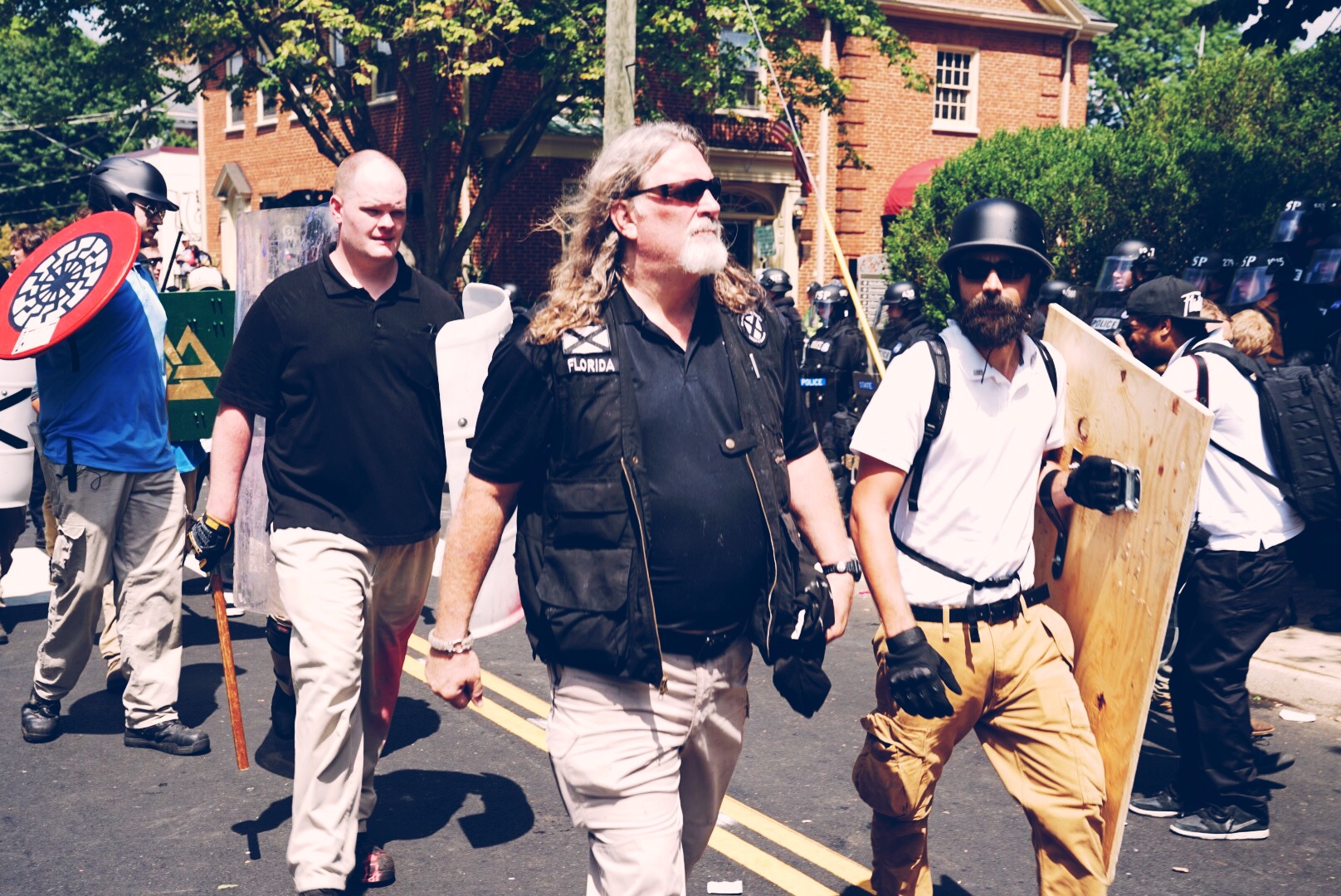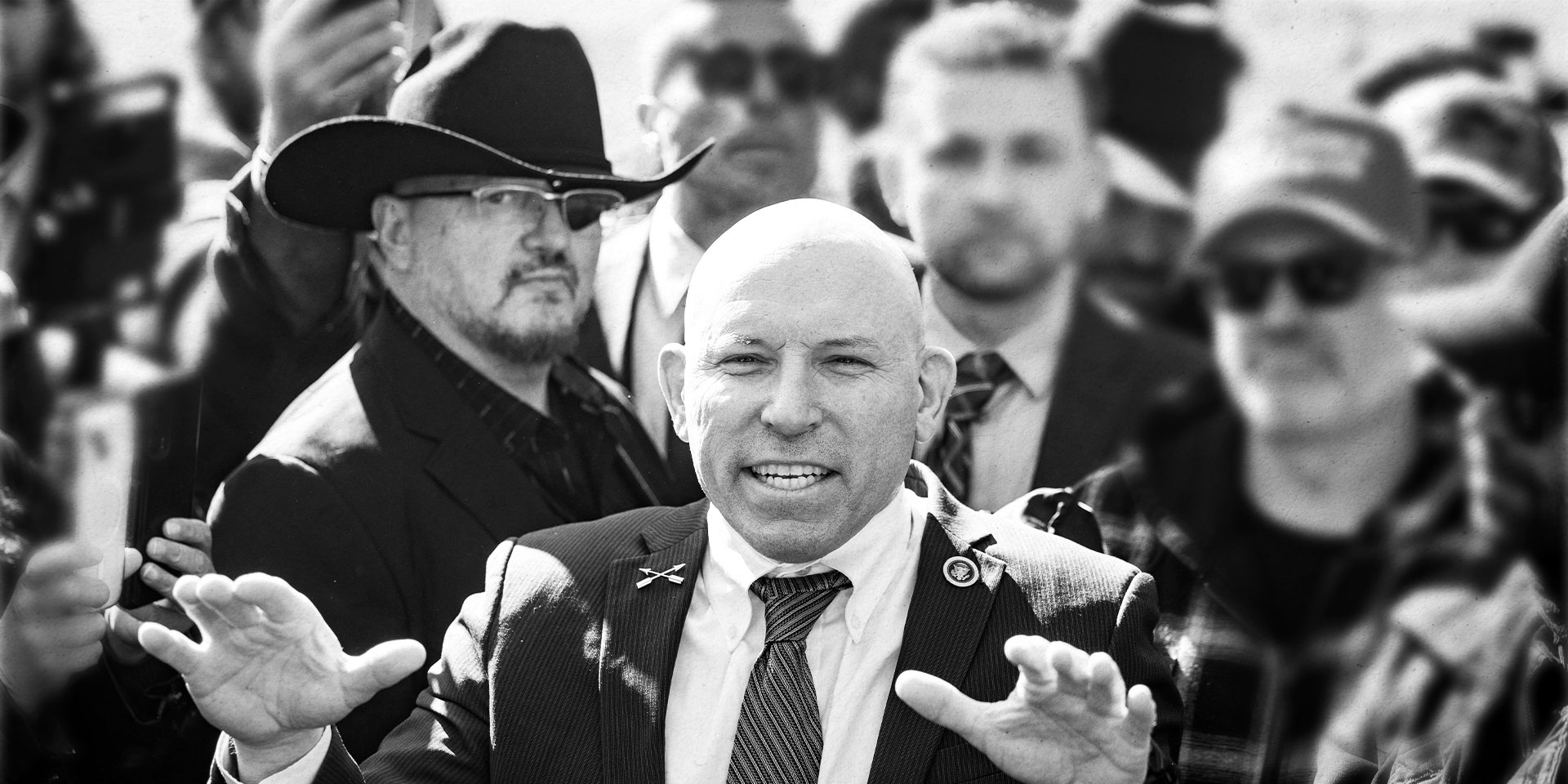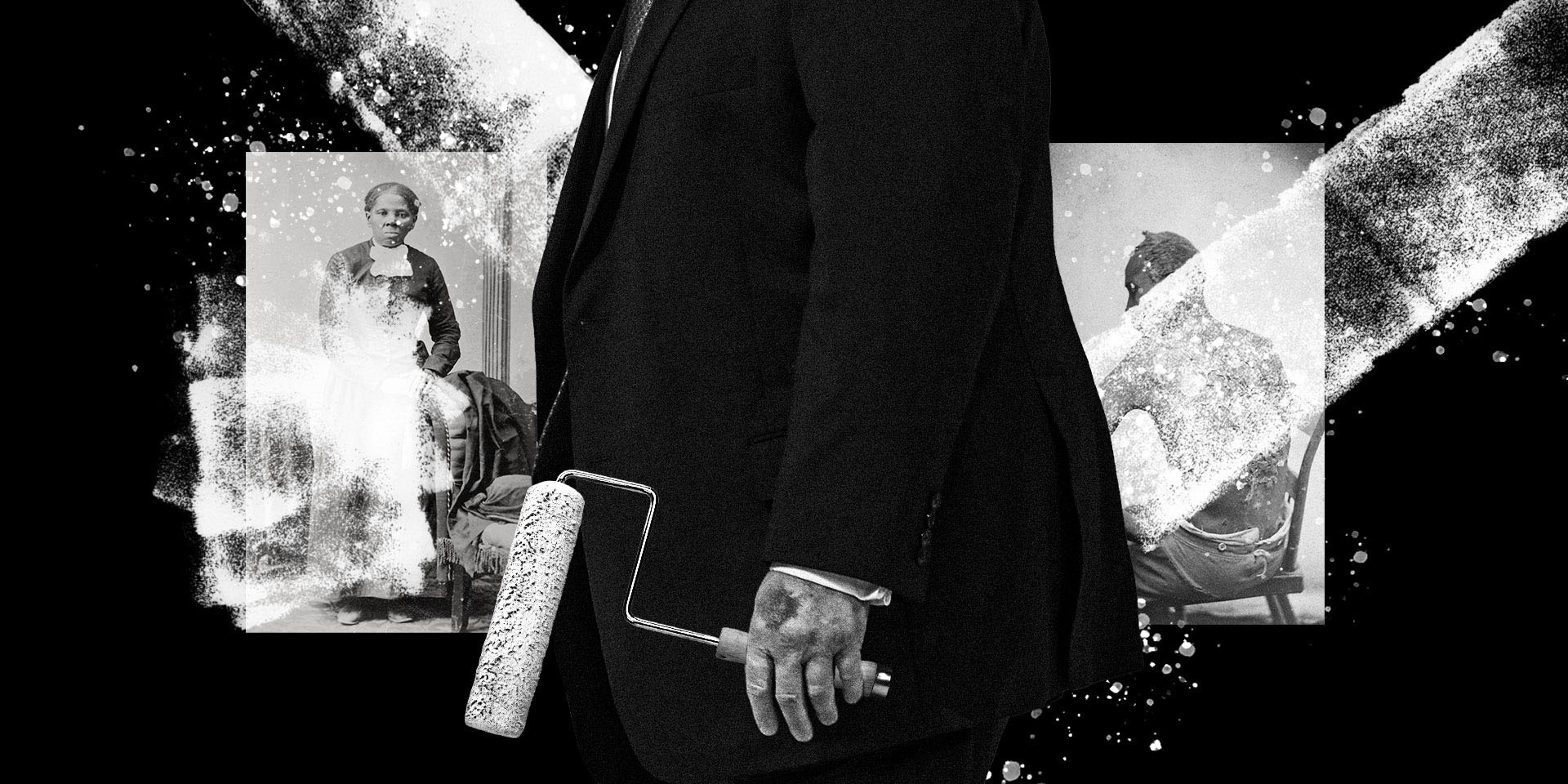Police and city officials in Charlottesville, Virginia, were inadequately prepared for August’s violent and deadly racist alt-right rally that’s become a watershed event, a new report concludes.arlott
The report scolds the city’s police department and the University of Virginia’s police force for poor planning, and the Charlottesville City Council for “unduly interfering” with a last-minute attempt to move the location of the rally.
“The size and scope of the Unite the Right rally was beyond any similar event that had occurred in Charlottesville for many years, perhaps ever,” according to the report, publicly released Friday. “The resulting challenges to law enforcement and other City planners were tremendous.”
The report says city officials and police administrators “tasked with preparing for the ‘Unite The Right’ event did not sufficiently appreciate the challenge presented” and, as a result, public safety was compromised.
City officials and police “did not ask for advice or assistance from fairly obvious potential sources,” the report says. “They ‘didn’t know what they didn’t know,’ which in part led to the inadequate preparation for this event.”
The city police department “implemented a flawed operational plan that failed to protect public safety,” in part by not adequately ensuring separation between alt-right protesters and organized counter demonstrators, the report concludes.
Hundreds of far right demonstrators and an assortment of extremists descended on Charlottesville for the ‘Unite the Right’ rally organized by Jason Kessler, with support from white nationalist headliner Richard Spencer and a cadre of white supremacists and neo-Nazis.
The rally on Saturday, August 12, ostensibly was organized to protest the planned removal by the City of Charlottesville of a statue of Robert E. Lee. Early on, counter protesters pledged to show up to confront demonstrators, whose ranks included armed militia and white supremacy groups, among them, the League of the South, the Traditionalist Worker Party Vanguard America, and factions of the Ku Klux Klan.
The night before the Saturday rally, many of the white nationalist forces — secretly communicating with an internet-based system originally designed for gamers — held a fiery torch demonstration, marching through the University of Virginia campus. The scene was eerily similar to KKK torch rallies.
The neo-Nazis, Klansmen, white supremacists and white nationalists chanted, “‘Jews will not replace us,’ ‘blood and soil’ and ‘this is our town now.’” A lawsuit says in addition to the fiery “tiki” torches, the participants brought with them semi-automatic weapons, pistols, mace, rods, armor and shields.
The new report says the University of Virginia Police Department “did not sufficiently prepare for the violence that occurred at the Jefferson statue on Friday night.”
“Despite ample warning that a large group would march on [the university campus] with torches and confront counter-protesters, university police “failed to take proactive steps to prevent violence,” the report says. University police “did not attempt to separate the marchers from those that came to confront them.”
During the Saturday rally, conflicts between the “Unite the Right” demonstrators and counterdemonstrators quickly seemed to escalate beyond police control.
At one point 32-year-old Heather D. Heyer was killed when a man drove a car into a crowd of counterprotesters. James Alex Fields, Jr., who had demonstrated with Vanguard America protesters, now faces a charge of second-degree murder.
Prior to the massive August rally, police and city officials in Charlottesville faced a much smaller KKK protest in the city on July 8. That event cost the city $35,302, including $16,299 in police overtime.
The report concludes that despite obvious similarities, police planners “did not sufficiently consult with officials in other jurisdictions” as they planned for the August 12 Unite the Right event.
“They did not travel to other jurisdictions, obtain other departments’ operational plans for similar events, or share their thoughts about Unite The Right with counterparts with more experience,” the report says. “This failure represents a tremendous missed opportunity.”
Despite the “complexity and unique nature” of the racist rally, Charlottesville police administrators did not provide officers with sufficient information to prepare them for the challenges of this event.
“They failed to provide department-wide training, relying instead on information conveyed to officers at roll calls and via e-mail,” the report says. Police administrators did not provide line officers with “substantial intelligence” gathered about the event and “failed to convene an all-hands briefing on the day before or morning of the event.”
“As a result of these failings, officers approached this volatile event with a sense of uncertainty about what they would confront in and around Emancipation Park,” the report says.
The police “training failures contributed to the lack of coordination” between Charlottesville police and the Virginia State Police, the report concludes.
But its criticism doesn’t end there.
The report concludes that city officials “waited too long to request the specialized assistance of the Virginia Department of Emergency Management.”
It also laid blame with the Charlottesville City Council, saying those elected officials “unduly interfered with operational planning by directing that the event be moved to McIntire Park just days in advance.”
“The City Council should not have injected itself into the process of deciding where to hold the Unite The Right rally,” the report says, concluding that issue should have been left to city police and legal teams.
“The Charlottesville Police Department is the agency best equipped to protect public safety during large-scale events,” the report says. “Conversely, the City Council does not have such expertise.”
The report also concluded that city administrators and police did not provide “adequate information” to the public about plans for the event.
Timothy J. Heaphy, a former U.S. attorney, hired by the City of Charlottesville to critique the events, prepared the report. He is scheduled to formally present his findings to the Charlottesville City Council on Monday.
“Our goal in preparing this report is to enhance our community’s ability to understand and learn from the difficult events of 2017,” the report prefaces says.
It says Charlottesville is a “fractured city,” from the events of early August.
“The divisions within our community surfaced at multiple points during our review, and they continue to hamper our ability to heal and move forward,” the report says. “We hope that an honest pursuit of the issues identified in this report leads to more informed discussion, increased understanding, and a more unified Charlottesville.”






